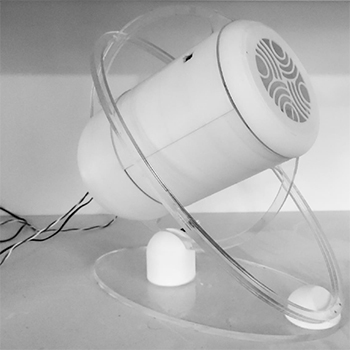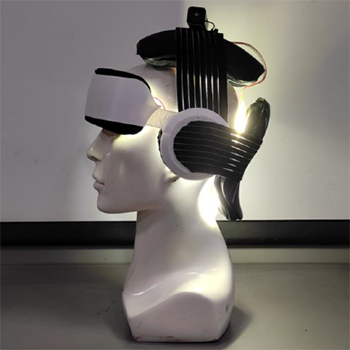Parkinson's disease (PD) presents a complex array of symptoms affecting both motor and non-motor functions, often challenging patients' quality of life. This project aims to develop a novel wearable photobiomodulation (PBM) device targeting key areas affected by PD, specifically the brain and gut, to alleviate symptoms and improve overall well-being. Drawing insights from extensive research on PD pathology and treatment modalities, as well as user-centred design principles, the project focuses on creating two distinct wearable devices: headgear for brain treatment and a belt-like device for gut therapy. These devices incorporate PBM technology, emitting therapeutic wavelengths, including 650 nm, 810 nm, 904 nm, and 1076 nm, proven to aid in PD management. The design process involves iterative prototyping and testing, considering factors such as comfort, usability, styling, etc. Anthropometric data analysis guides the sizing and customisation of the devices to accommodate a diverse range of users. Furthermore, consultation with electronics fabrication experts ensures the integration of high-quality components for reliable performance. Overall, the development of these wearable PBM devices holds promise in providing accessible and effective adjunctive therapy for individuals with PD, addressing both motor and non-motor symptoms to improve their quality of life.

